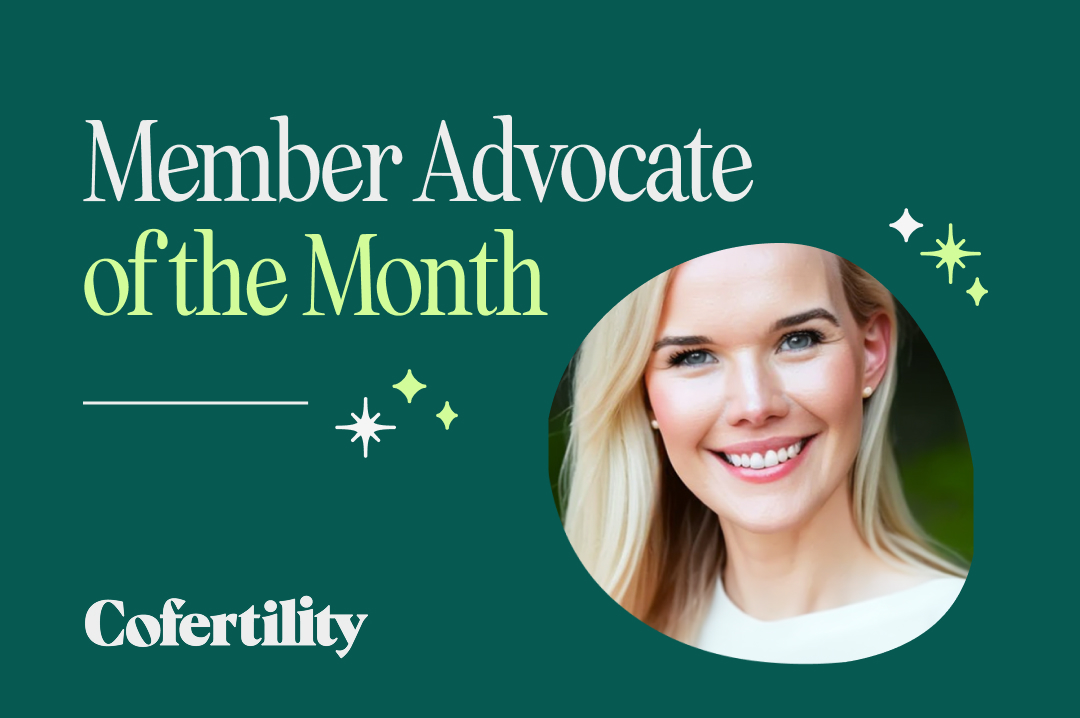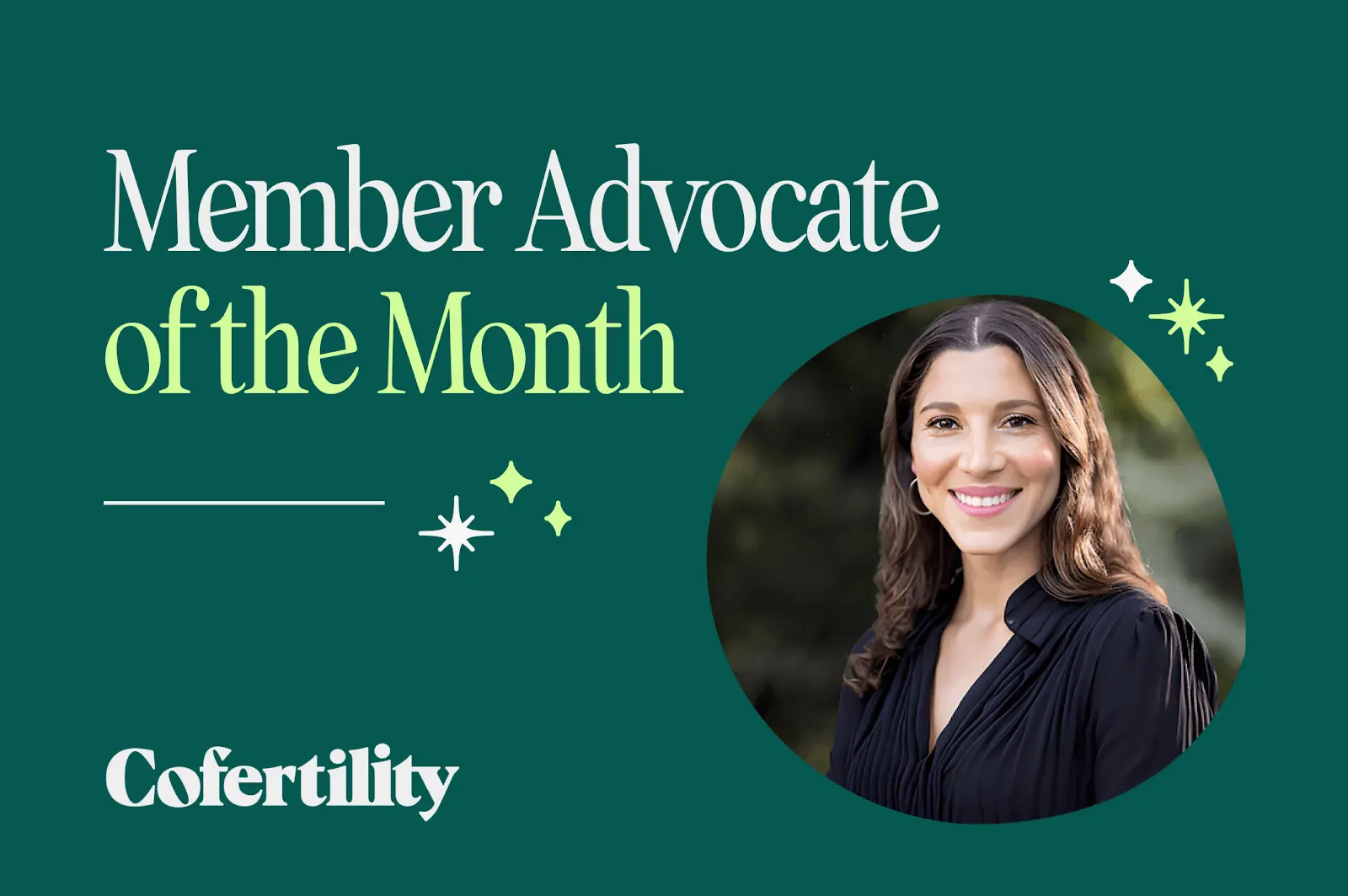

Dr. Mare Mbaye is a top OBGYN based in New York City. She has worked in the private practice setting caring for pregnant and non-pregnant people with a variety of medical concerns. Dr. Mbaye also boasts several years of experience as a medical advisor, digital health startup consultant, and content creator. She is on a mission to bring empathetic, holistic, and affirming reproductive healthcare to all, with a particular focus on historically marginalized groups.
You can follow Dr. Mare on Instagram.
Q&A with Dr. Mbaye:
When did you know you wanted to go into your field?
As cliche as it sounds, I actually knew at a young age that I wanted to be some sort of doctor. It did take me until my third year in med school to choose a specialty though. All I knew for sure going in was that I loved working with my hands, so I knew I wanted to do something surgical. I was honestly surprised to finish out that year wanting to be an OBGYN since it hadn't even been on my radar until I was on the rotation. As it turned out, I really enjoyed the variety of things I could pursue within the field both in terms of my career goals and everyday practice. I also really loved taking care of women and birthing people.
What has been your proudest career moment?
This is such a hard question to answer since the path to being a doctor has so many milestones, all of which are important and all of which I'm proud to have reached. If I had to choose one, I would say it was the first time I took charge– really took charge– of a patient completely on my own in my last year of residency. Typically, even as a chief, there is an attending who you run all your plans by, which means that the final decision is never on a resident. However, that particular night was one of those crazy nights where L&D was packed, our other patients on the floor were keeping my mid-level busy, and the ER had called with a surgical case that my attending was taking care of. So of course while I'm alone on the L&D, another patient comes in who I quickly realized was an emergent surgical case. And as I was realizing this, I was honestly terrified but it was one of those moments of forced growth where I had to trust my knowledge, my skills, and my gut and get things moving while keeping everyone calm. Thankfully, everything turned out fine and my attending made it in time to reassure me that I'd made the right choice. Obviously, it was a memorable night because of the actual medical drama, but also because my confidence was really bolstered by that experience and I had to tap into that confidence many, many times in my first year of practicing by myself after residency.
On the challenging days, what keeps you going?
Medicine demands a lot from us. As a resident, I had several weeks where I was sleeping a total of 25 hours or less in a week. As an attending, I've had many 24 hour call shifts where I didn't sleep at all and barely ate or used the bathroom, and countless clinic days where I was ground to the bone by the end of the day. When people are your work, and your work takes over your life, it can make it hard to separate the system that is creating such an unhealthy environment from the people who have no choice but to use it. So whenever I felt myself slipping into resentment and burn out, I had to take a deep breath and remind myself that behind each chart is usually a person who could be anything from confused and anxious to literally having a tragic day.
Why are you working with Cofertility?
Equity in healthcare access is one of the fundamental problems with the US system. I love that Cofertility is trying to fix that for egg freezing, especially because this is a service that provides people with so much more freedom and options when it comes to how they build their families. Many people still don't really know about or understand egg freezing. Even amongst those that do, cost is a huge barrier. The fact that Co keeps that in mind by offering the Split program is amazing and I will continue to support work like this that thinks outside the conventional bounds of traditional healthcare in the US.






.png)

.png)



.png)






.png)

.png)





